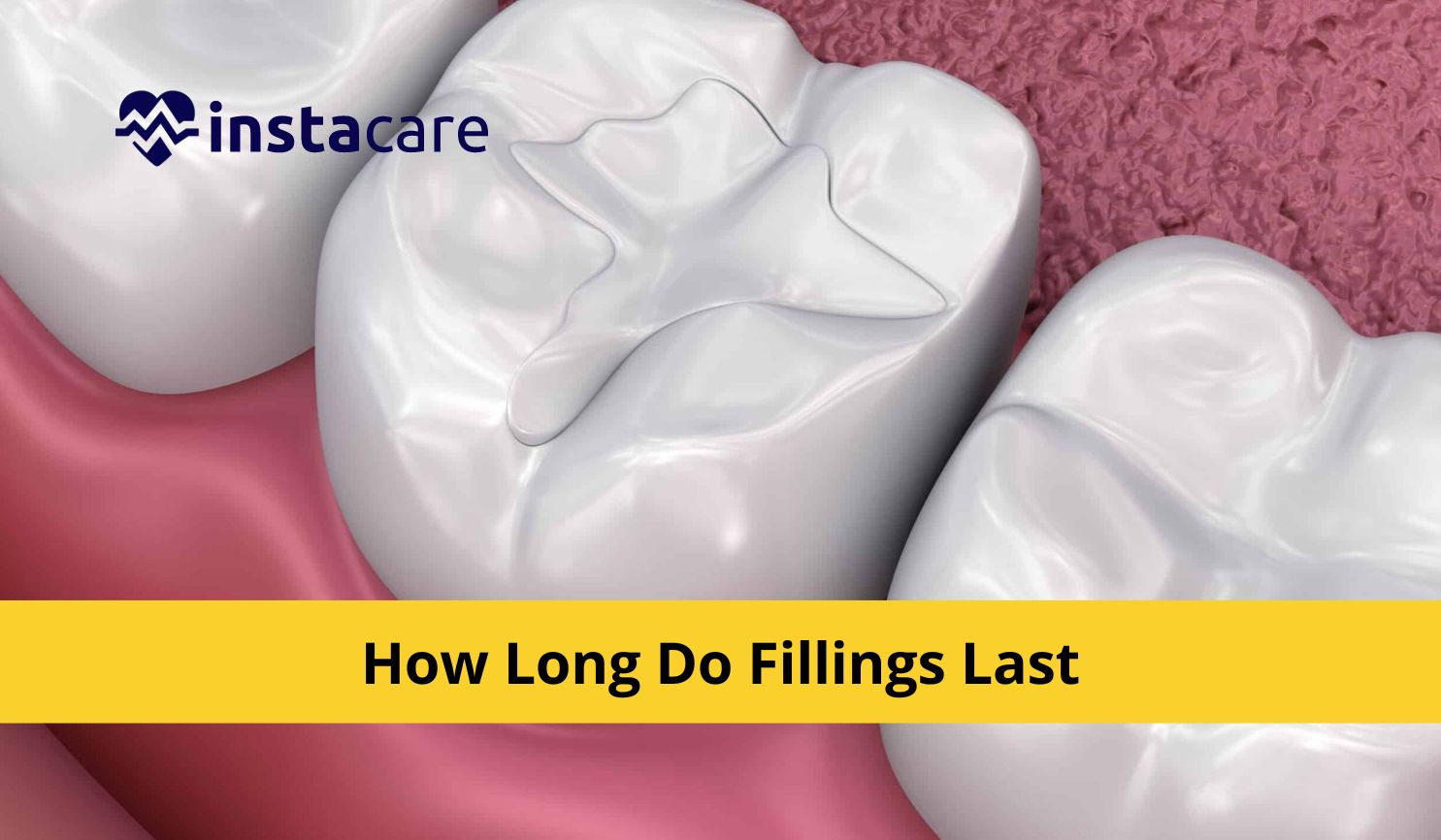Dental fillings are a standard restorative dental treatment to repair teeth damaged by decay or fractures. They restore the tooth's structure and function while preventing further deterioration. The longevity of dental fillings is a crucial factor for patients and dentists alike. Understanding the factors influencing their durability and lifespan can help also individuals make informed decisions about their oral health.
Types Of Dental Fillings
Various types of dental fillings are available, and their materials can significantly impact their lifespan. The most common styles include:
Amalgam Fillings
Amalgam fillings, also known as silver fillings, consist of a mixture of metals, also including mercury, silver, tin, and copper. These fillings have been used for decades and are known for their durability and strength. They are especially suitable for restoring large cavities in molars.
Composite Resin Fillings
Composite resin fillings are tooth-colored and made of plastic and glass materials. They are aesthetically pleasing and blend well with natural teeth. While less durable than amalgam fillings, they are suitable for small to medium-sized cavities in visible areas of the mouth.
Ceramic Fillings (Inlays And Onlays)
Ceramic fillings, also known as inlays and onlays, are made from porcelain or ceramic materials. They are fabricated in a dental laboratory also and bonded to the tooth. These fillings provide excellent aesthetics and are highly durable, making them suitable for more extensive restorations.
Average Lifespan Of Dental Fillings
The lifespan of dental fillings can vary depending on several factors, including the filling material used and the patient's oral hygiene habits. On average:
Amalgam Fillings
Amalgam fillings have been known to last for 10 to 15 years or even longer, also with proper care. However, they are more prone to wear and tear over time, especially in individuals who grind their teeth.
Composite Resin Fillings
Composite fillings typically have a lifespan of 5 to 10 years. They are more susceptible to chipping and staining, reducing their longevity.
Ceramic Fillings (Inlays And Onlays)
Ceramic fillings can last 15 to 20 years or more with proper care. Their durability and resistance to staining make them a reliable option for restoring teeth.
View More: All The Information You Need To Know About Laser Teeth Whitening
Factors Affecting Fillings Longevity
Several factors can influence the lifespan of dental fillings:
Oral Hygiene
Maintaining good oral hygiene practices, also such as regular brushing, flossing, and mouthwash, can significantly impact the longevity of dental fillings. Poor oral hygiene also can lead to decay around the filling edges, compromising its integrity.
Diet
A diet high in sugary also and acidic foods can also indeed increase the risk of tooth decay and weaken the filling's structure. Limiting the consumption of such foods can help extend the lifespan of fillings.
Teeth Grinding And Clenching (Bruxism)
Individuals who grind or clench also their teeth can put excessive pressure on the fillings, causing them to crack or wear down faster. Wearing a nightguard can protect fillings and prevent further damage.
Size And Location Of The Filling
Larger fillings generally have a shorter lifespan compared to smaller ones, as they are subject to more stress during chewing. Additionally, fillings in areas of the mouth that experience heavy biting forces may wear down more quickly.
Placement Technique
The skill and precision of the dentist during the filling placement procedure can impact its durability. A well-placed filling with proper bonding techniques is more likely to last longer.
Biocompatibility
Some individuals may have allergies or sensitivities to certain filling materials, leading to premature failure or discomfort. Discussing potential allergies with the dentist before getting a filling is essential.
Regular Dental Check-Ups
Regular dental check-ups allow dentists to detect any issues with fillings early on and address them promptly, preventing further complications and extending their lifespan.
Maintaining And Replacing Dental Fillings
To maximize the lifespan of dental fillings, individuals can take several measures:
Practice Good Oral Hygiene
Brush your teeth also at least twice daily, floss daily, and use a fluoride mouthwash also to keep your teeth and fillings clean and free from decay.
Avoid Harmful Habits
Refrain from biting on complex objects, such as ice or pens, and avoid also using your teeth to open packages or bottles.
Wear A Nightguard
If you have bruxism, wear a custom-fitted nightguard to protect your fillings and teeth from excessive grinding forces during sleep.
Choose A Suitable Filling Material
Discuss with your dentist the best filling material for your specific needs and preferences. A material that matches the tooth color and provides the required durability is essential for a long-lasting restoration.
Regular Dental Check-Ups
Visit your dentist also for regular check-ups and cleanings. This allows for early detection of any issues with your fillings and ensures timely repairs or replacements.
Conclusion
The lifespan of dental fillings depends on various factors, including the filling material used, oral hygiene practices, and individual habits. Regular dental care and open communication with your dentist are vital to ensuring dental fillings' success and extended lifespan.


